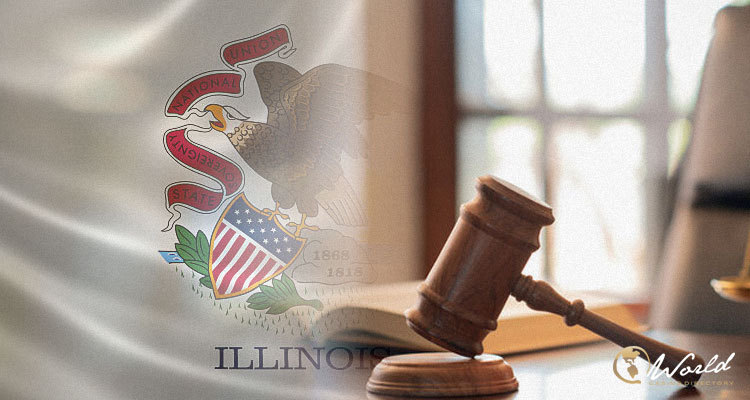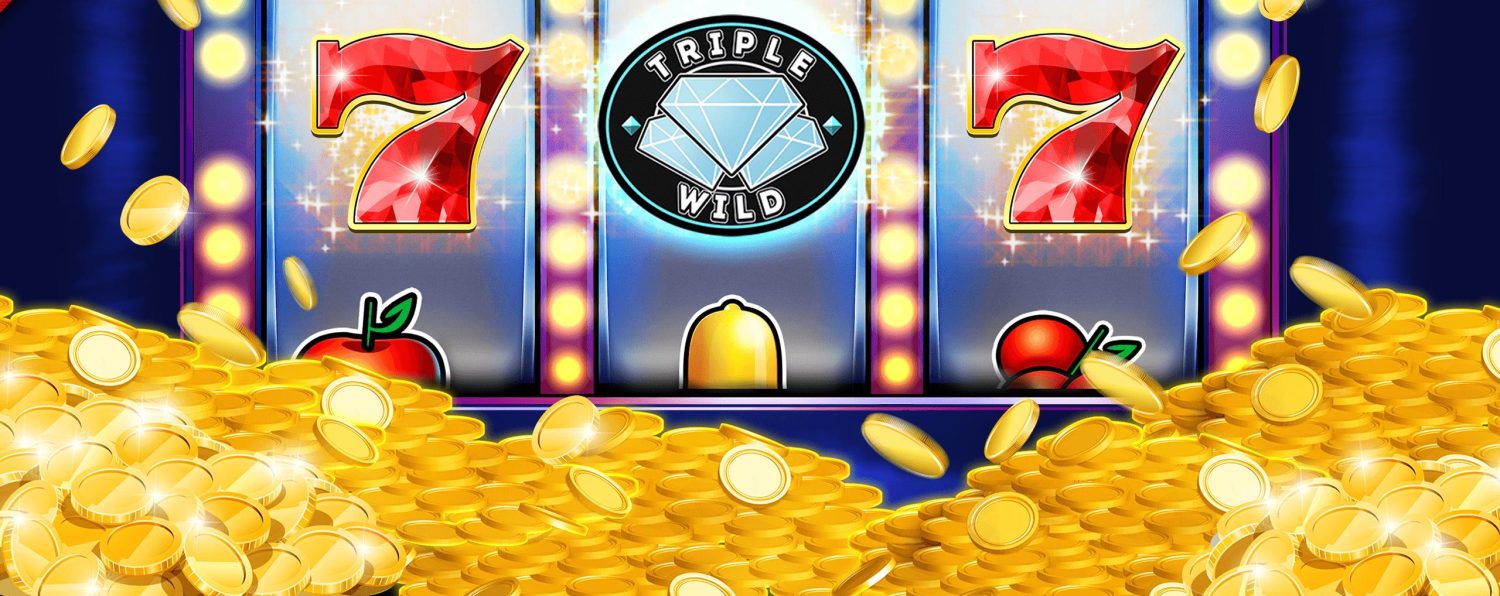
In the closing days of this year’s session, the Illinois Legislature passed a bill that will allow Illinois casinos to hire employees with felony convictions. The measure intended to expand the labor pool of hospitality industry employees has passed the House as the Senate Bill 1462 to head to Governor JB Pritzker for signing into law.
Expanded Labor Pool:
A source reports that the legislators’ decision may seem controversial but will provide additional human resources for the state’s hospitality industry. After the bill’s passage through the Senate in March on a 44-12 vote, the Illinois House of Representatives passed the Senate Bill 1462 last week allowing the applicants with felony convictions to equally compete for job positions within the hospitality and gambling industry.
Occupational License Review:
However, the measure would require these prospective employees to seek an occupational license from the Illinois Gaming Board (IGB) for non-gaming positions at gambling facilities. Under the same measure, the board would have the right to review each individual licensee and refuse an occupational license to any person with the history of convictions that may jeopardize either public interest or security or integrity of gaming, according to the source.
”Bill Opens Good Jobs”:
The IGB will reportedly be liable to take into account all aspects of a conviction, such as the number of convictions, the severity of charges, the time elapsed after the conviction, and other factors, during the occupational license review. IGB and labor union reportedly supported the bill originally introduced by State Senator Robert Peters to pass the House Gaming Committee by a 13-3 vote and the floor by a 78-27 vote.
Sen. Peters reportedly said that the bill will open doors to good jobs. The measure is now pending for the Governor JB Pritzker’s signing into law.
Another Gaming Proposal:
In the last week of this year’s legislature session, the online sports betting bill, Senate Bill 0323, was also reviewed as it proposed the reduction of a gaming license renewal fee from $150,000 to $50,000. According to the State Sen. Christina Castro, the bill has been proposed to address a drafting error from the Sports Wagering Act signed into law by Gov. Pritzker in 2019. The Act foresaw a $ 150,000 application fee for a four-year license validity and a $150,000 renewal fee to be paid annually to the IGB.
The Bill 0323 now proposed the reduction of the annual renewal fee to $50,000 within the established four-year license term. The proposal passed the Senate but was held up in the House Rules Committee to wait for the next year’s legislative session.
The legal status of online casinos in India is complex and varies by state. While there is no federal law that explicitly addresses online gambling, the legality depends on state regulations and the type of gambling involved.
Key Points:
-
No National Law: India does not have a specific national law regulating online casinos. However, the Public Gambling Act of 1867 prohibits operating physical casinos and gambling houses, but it doesn't cover online platforms, leaving a legal grey area for online gambling.
-
State-Specific Laws: Some Indian states, like Goa, Sikkim, and Daman, have legalized land-based casinos, and others, such as Sikkim, have also licensed online gambling. Many states have banned gambling altogether, including online gambling.
-
Online Sports Betting: Betting on sports, particularly cricket, is very popular in India. However, it's only explicitly legal in some states like Sikkim and Nagaland, which have laws permitting online gaming and betting.
-
Legal Gray Area: Many international online casinos accept Indian players and operate legally under licenses from offshore jurisdictions (like Curacao or the UK Gambling Commission). As long as players are gambling on licensed platforms, the risk is minimal, but local authorities may still choose to regulate or restrict online gambling.
-
Cryptocurrency: Some Indian players prefer using cryptocurrencies (like Bitcoin) for online gambling, as it provides a layer of anonymity and security.
While online casinos aren't explicitly legal across all of India, many international casinos accept Indian players, and online gambling continues to grow in popularity. Players should ensure they use licensed platforms and understand local laws before engaging in online gaming.






Leave a Reply
You must be logged in to post a comment.